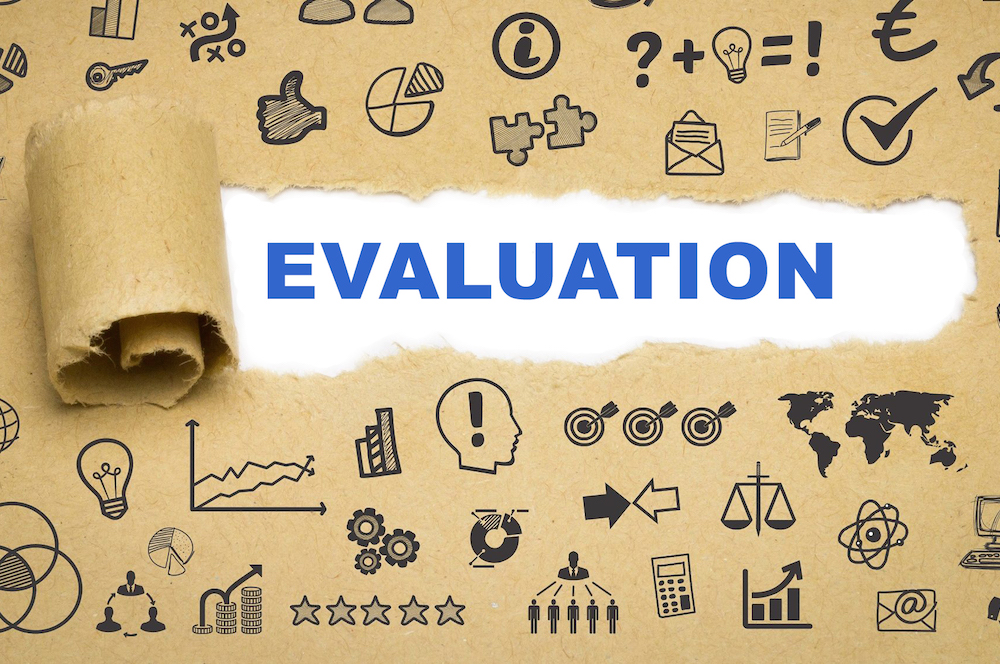
02 Oct Did You Know – Evaluation is About More than Counting People by Roxanne Jensen, Ed.S., GPC
Grant writing evaluation is the systematic process of assessing the effectiveness and impact of your project or organization. Evaluation is not merely a formality but a critical aspect of the grant application process. Funders want to know that their investment will lead to positive outcomes and measurable results.
Grantmaking organizations want assurance that their funds will be used wisely. A well-planned evaluation strategy showcases your commitment to being accountable for the resources you receive. While quantifiable metrics such as the number of people served are essential, they are just the tip of the iceberg when it comes to grant evaluation.
First, engage stakeholders, including beneficiaries, community members, and staff, in the evaluation process. Their input provides a more holistic view of your project’s impact. Evaluation is not just about proving your worth after the fact; it also helps shape your project from the beginning. By setting clear objectives and indicators, you can create a more effective and efficient program. In addition to outputs (e.g., the number of clients served), focus on outcomes, such as improved health, increased literacy, or reduced poverty. Define specific, achievable goals that demonstrate your project’s impact.
Next, implement a robust data collection system to track progress. This may include surveys, interviews, focus groups, or other methods to gather qualitative and quantitative data. To measure impact effectively, establish baseline data to compare against future results. This helps you gauge the real difference your project makes. Evaluations provide valuable insights into what works and what does not. This learning process allows you to adapt and improve your project over time, increasing its impact. Use evaluation findings to make informed decisions and continually refine your project. Adaptation and flexibility are essential in responding to evolving needs.
Finally, grantors value transparency and integrity. Sharing your successes and challenges openly demonstrates your commitment to accountability. By explaining your evaluation practices, you demonstrate how you measure and assess the outcomes of your projects which instills trust. Do not underestimate the power of storytelling. Share anecdotes, success stories, and testimonials that humanize the impact of your work. This can resonate deeply with funders. Grantors are more likely to fund organizations that can demonstrate a track record of success and transparent evaluation practices. Trust is key to long-term partnerships.
Grant writing evaluation is not a one-size-fits-all process and certainly is more than just counting the number of people you serve. It’s about demonstrating your organization’s commitment to making a real difference and being responsible stewards of grant funds. By incorporating comprehensive evaluation planning into your grant applications, you increase your chances of securing funding and, more importantly, contribute to the long-term success and sustainability of your project or organization. So, remember, the next time you write a grant proposal, go beyond the numbers and tell the full story of your impact.
Competency #3: Knowledge of strategies for effective program and project design and development
Skill 3.8 Identify effects of accurate and defensible evaluation designs in program and project success and sustainability
Competency #4: Knowledge of how to craft, construct, and submit an effective grant application
Skill 4.11 Identify evaluation models and components appropriate to grant applications
